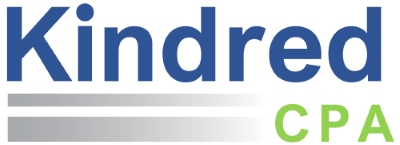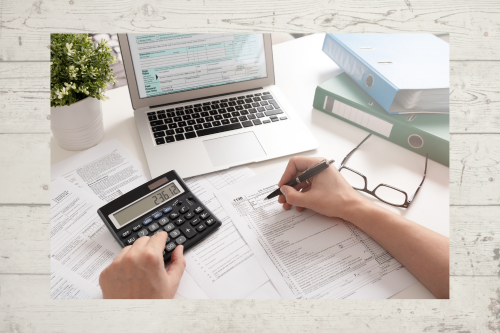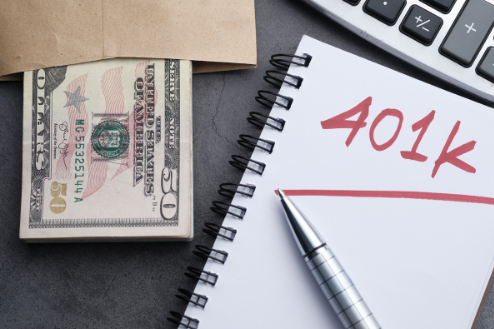The One Big Beautiful Bill Act (OBBBA) made more than 100 changes to tax law - some of them temporary, most of them permanent. Here…
 Online shopping is the major way in which many of us make our purchases these days. You may think you lucked out if an online vendor doesn’t charge you sales tax, but in the state of Kansas, you’re responsible for making sure those taxes get paid.
Online shopping is the major way in which many of us make our purchases these days. You may think you lucked out if an online vendor doesn’t charge you sales tax, but in the state of Kansas, you’re responsible for making sure those taxes get paid.
We often talk about sales and use tax in the same sentence, because they’re basically the same thing. Use tax (or “compensating use tax”) is due on out-of-state purchases whether the property is shipped into Kansas or picked up in another state and brought to Kansas. It applies to tangible personal property based on the total cost, including postage, shipping, handling, or transportation charges. The use tax rate is the same as the sales tax rate where the customer takes delivery. That means if you live in Lawrence, your sales and use tax rate is 9.3%, made up of the Kansas rate of 6.5%, the Douglas County rate of 1.25%, and the Lawrence local tax of 1.55%.
Use Tax Applies to Both Individuals and Businesses
Businesses owe use tax as the final consumer of equipment, fixtures, tools (including software), and other taxable non-inventory items purchased from vendors outside of Kansas. Businesses who regularly make purchases from out of state retailers should register for a consumers’ use tax reporting number and are responsible for filing periodic (monthly, quarterly, or annual) compensating use tax returns. The frequency of use tax reporting is based on the amount of annual tax due. Businesses that ignore use tax obligations can experience an unpleasant surprise when they’re audited by the Department of Revenue, so it’s smart to keep up with these filings. By the way, the use tax return for the first quarter of 2025 is due by April 25.
Individuals who purchase from out-of-state companies and are not charged local and state sales taxes owe those taxes back to the state of Kansas. An example from the Kansas Department of Revenue website gives this scenario:
“While in Colorado, Don buys a camera for $300 plus 6% Colorado sales tax. Upon returning home to Sampletown, KS, where the tax rate is 8.8%, Don owes Kansas use tax of 2.8% or $8.40 (8.8% – 6% = 2.8% x $300 = $8.40). Had he bought the camera in an area of Colorado where the sales tax is 9.5%, Kansas use tax would not be due since the state and local tax rate paid in the other state is equal to or greater than the rate in Sampletown, KS.”
Individuals can report and pay use tax on a one-time purchase by completing the Consumers’ Use Tax Return (CT-10U) available at ksrevenue.org.
Are There Exceptions?
Some types of organizations and purchases are exempt from use tax. You can see a detailed list by clicking here.
For More Information
For more information, see the Kansas Sales Tax and Compensating Use Tax booklet.



